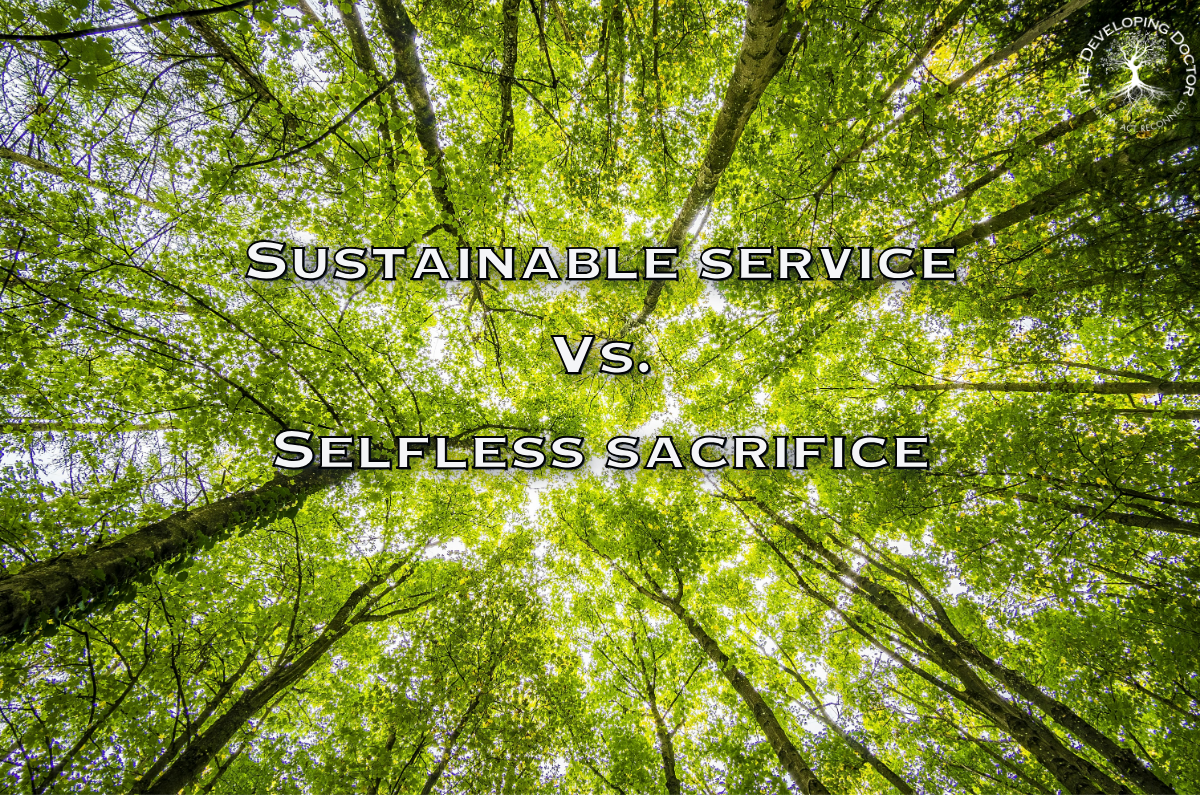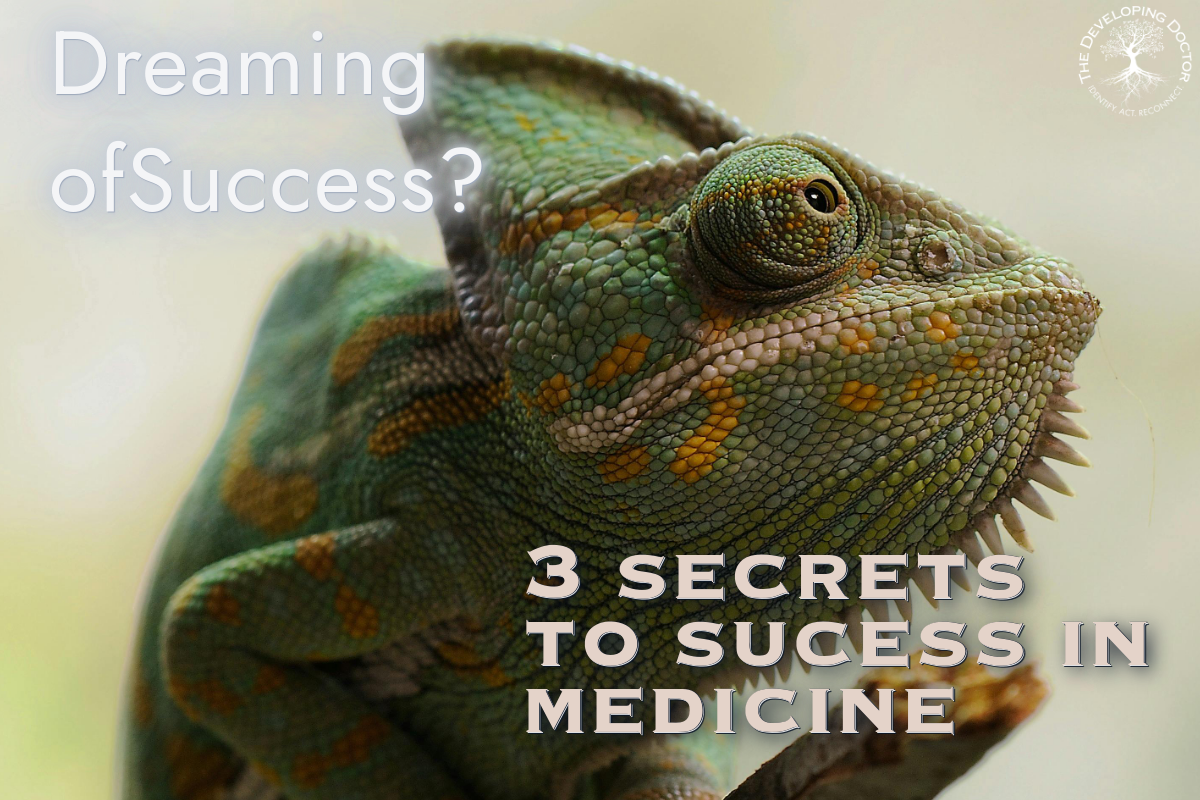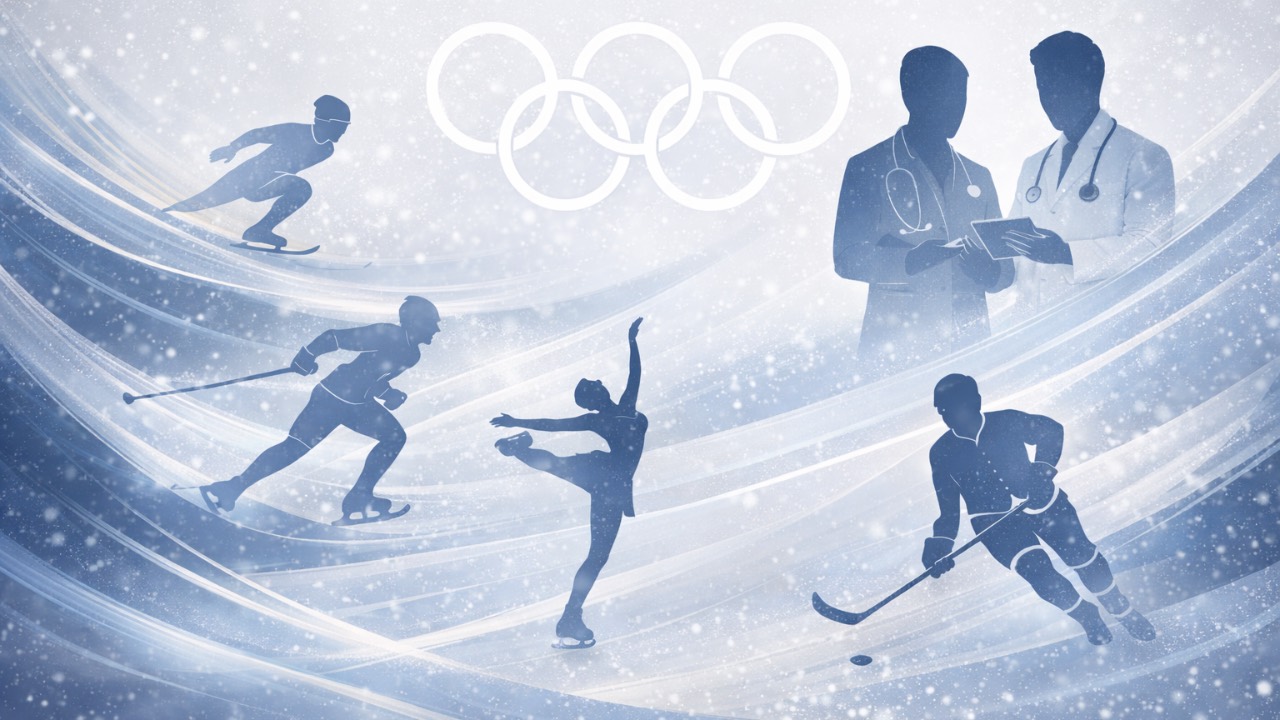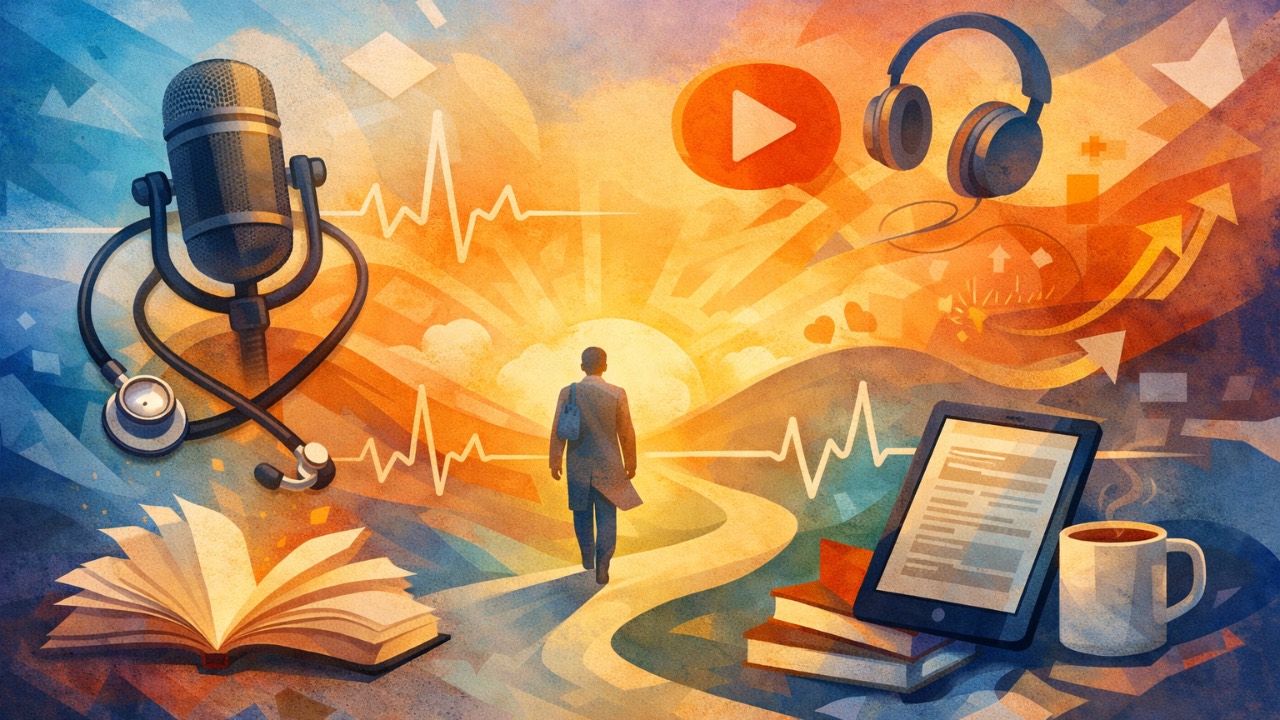Redefining Service

It's a fun time of year in academic medicine. In my role as a Learning Community Director, I meet with a cohort of fourth-year medical students. We review their Medical Student Performance Evaluation, also known as the Dean's Letter. I highlight all the positive comments about them and discuss their achievements over the past four years. Medical students are truly amazing.
We have students who have founded companies. One student started a company that produces monoclonal antibodies. She has 2 founding partners and 10 employees. Another volunteered over 1,000 hours at the free medical clinic - and honored every course along they way. Some have balanced caring for sick family members while completing their medical degrees.
If you want to be inspired, spend time with a medical student.
I regularly post on social media, have a weekly blog, and send out this newsletter. Sometimes I hear from physicians who disagree with my viewpoints. Their arguments:
- medicine is inherently hard
- those who burnout are weak
- physicians who are looking a different career path are quitters
- those are looking at side gigs are greedy and want money for nothing
The curmudgeons are wrong.
Medical students understand understand something they do not. There is a difference between selfless service and self-aware service. I suspect many of us knew the difference at one point too.
Selfless service involves continuously giving without regard your well being, leading to burnout and an imbalanced, unfulfilling life. You cannot be an effective physician, parent, partner, or dog dad if you operate this way.
Self-aware service means understanding and respecting your own limits. It means providing patient-oriented care while also making time to recharge and pursue personal fulfillment. It means exercising and indulging in dessert. It means overbooking clinic one day and cancelling clinic the next to move your son to college.
Being a whole, healthy person and a physician is not mutually exclusive; it's a complementary balance.
With that in mind, try this quick 5-minute exercise:
- List 3 ways you serve (administrative work, volunteer committee work, lunch-hour mentoring)
- What does each activity cost you?
- Pick ONE to modify this week with a small boundary:
- Administrative work → Set specific availability hours
- Volunteer Committe work→ Does this bring you satisfaction? If yes- how can you protect this time? If not- drop it.
- Lunch mentoring → Book time for mentorship. Cancel clinic half day if needed.
4. Use the reclaimed time however you want- without guilt.
This isn't about doing less. It's about serving sustainably.
The medical students I met this week get it—service doesn't require self-destruction. But shifting from selfless to self-aware service takes practice.
Ready to explore your version of sustainable service? Book a free coaching consultation. Let's build a practice that energizes rather than exhausts you. You don't have to choose between excellence and wellness.
Best,
Ben







Responses